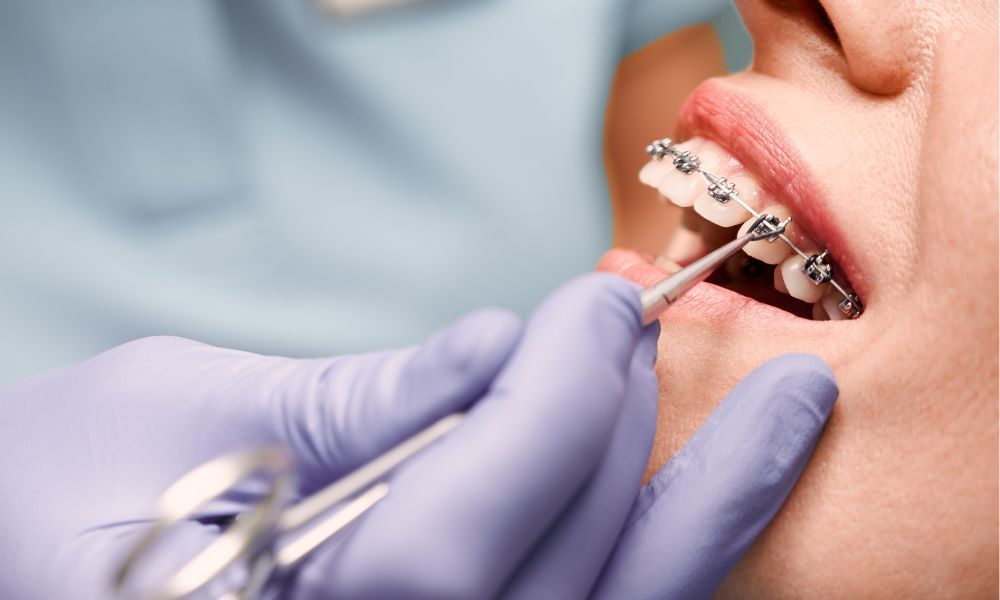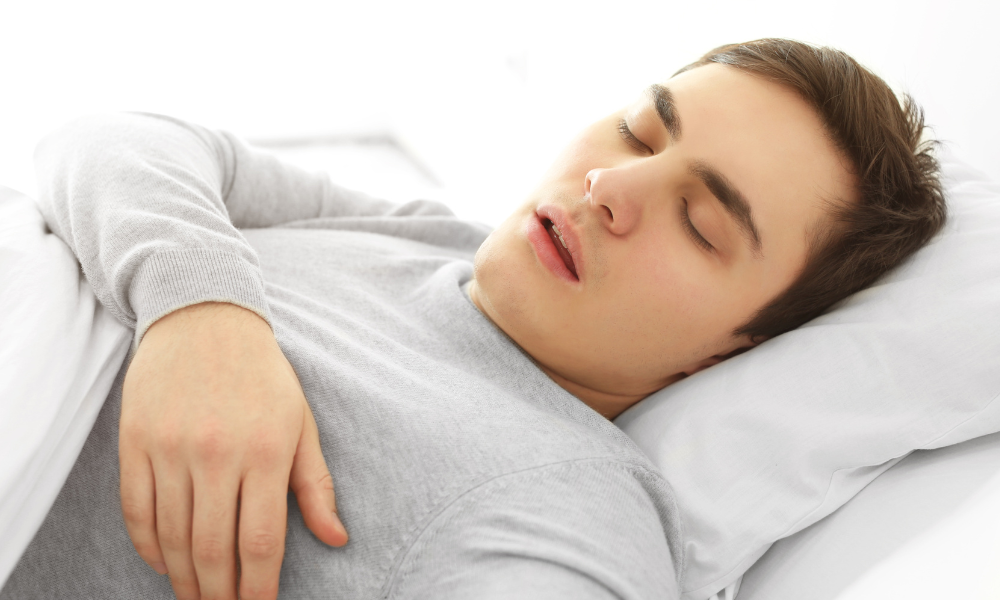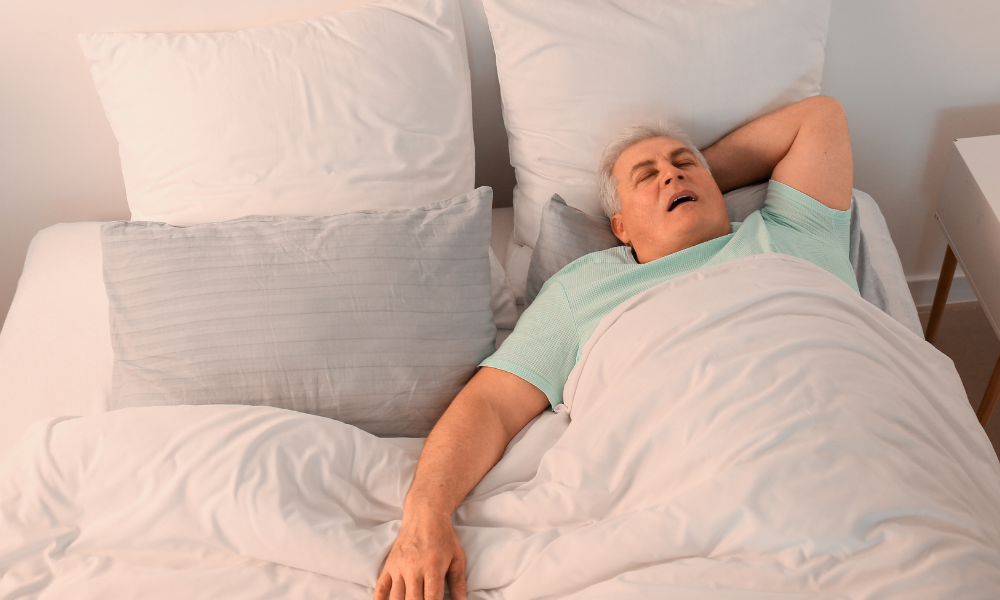
Orthodontic treatments can improve the appearance and function of your teeth, but their impact extends beyond achieving a perfect smile. Dental misalignment and malocclusion can contribute to orofacial pain conditions such as temporomandibular joint disorders (TMD/TMJ) and myofascial pain. While orthodontic interventions may sometimes alleviate symptoms, they may also exacerbate pre-existing orofacial pain conditions or even trigger new ones. Understanding the connection between orthodontics and orofacial pain is crucial for patients and practitioners alike, as it can inform treatment decisions and help ensure the best possible outcomes. In this article, we aim to provide valuable information on the interplay between orthodontics and orofacial pain, empowering patients to make informed decisions about their dental care.
Orthodontic treatments often involve the use of appliances, such as braces, retainers, or aligners, to adjust the positioning of teeth and the bite, which can, in turn, influence the muscles and joints of the face. It is not uncommon for patients with pre-existing orofacial pain conditions to also have dental misalignment or malocclusion, prompting them to seek orthodontic treatment. While orthodontic interventions can address the structural aspects contributing to orofacial pain, they are not always, by themselves, a complete solution. Successful treatment of orofacial pain conditions typically involves a multifaceted approach that addresses the underlying causes and individual needs rather than focusing solely on the structural aspects.
In the following sections, we will delve deeper into the relationship between orthodontics and orofacial pain conditions, exploring how orthodontic treatments can influence symptoms, the importance of comprehensive care and communication between dentists and pain specialists, and what patients should consider when seeking orthodontic treatment. Equipped with knowledge and understanding, you will be better prepared to navigate the complexities of orofacial pain and make informed decisions regarding your dental and pain management needs.
Orthodontic Issues Linked to Orofacial Pain
- Dental Misalignment
Crooked teeth and malocclusion (misaligned bite) can cause an uneven distribution of force on jaw joints and muscles during chewing, speaking, and even at rest, potentially leading to TMD/TMJ and myofascial pain. - Improper Jaw Growth
Issues with jaw growth and development can also contribute to orofacial pain by causing an imbalance in the jaw muscles or abnormal joint function. - Orthodontic Appliances
The use of braces, aligners, and other orthodontic appliances can place increased pressure on the teeth, jaw joints, and muscles, potentially exacerbating orofacial pain symptoms or triggering new issues.
Orthodontic Treatments and Their Influence on Orofacial Pain Symptoms
- Potential Relief
Orthodontic treatments can correct dental misalignment and malocclusion, addressing structural issues that may contribute to orofacial pain. In some cases, this can lead to a reduction in TMD/TMJ and myofascial pain symptoms. - Potential for Worsening Symptoms
Orthodontic treatment can also exacerbate pre-existing orofacial pain conditions, particularly in the short term as patients adjust to their new appliances or as their teeth shift into new positions. This may cause increased muscle tension, strain on the temporomandibular joint, and intermittent pain/discomfort. - Triggering New Pain Issues
In some cases, orthodontic treatments may inadvertently trigger the onset of new orofacial pain conditions. For example, orthodontic appliances may alter an individual's habitual patterns, such as chewing or speaking, placing stress on the muscles and surrounding tissues, and leading to myofascial pain, or TMD/TMJ.
The Importance of Comprehensive Care and Coordination between Dental and Pain Specialists
- Shared Decision Making
Collaboration between dental and orofacial pain specialists is essential when planning orthodontic treatment for individuals with orofacial pain conditions. Both specialists should work together to develop a comprehensive care plan that addresses structural and functional concerns while ensuring that orofacial pain issues are not overlooked. - Treatment Monitoring
During orthodontic treatments, regular monitoring by both dental and orofacial pain specialists is crucial to ensure that symptoms are kept in check and that adjustments can be made if needed. This can help identify potential complications early and prevent adverse effects on orofacial pain conditions. - Post-Treatment Care
Following orthodontic treatment, ongoing management of orofacial pain may still be necessary to address any lingering symptoms, muscle imbalances, or joint dysfunction that may persist after orthodontic issues have been corrected.
What Patients Should Consider When Seeking Orthodontic Treatment
- Choose an Orthodontist Experienced with Orofacial Pain
Selecting an orthodontist who is knowledgeable about orofacial pain conditions and their potential impact on orthodontic treatments is essential to ensuring the best possible outcomes. - Consult with an Orofacial Pain Specialist
Before undergoing orthodontic treatment, it is recommended to consult with an orofacial pain specialist, such as Dr. Bloxham at Columbia Center for Sleep Apnea and TMJ, to obtain a professional evaluation of the potential benefits and risks of the treatment, considering your specific pain condition. - Communicate Openly with Both Specialists
Maintaining open communication with both dental and orofacial pain specialists throughout the treatment process is crucial to ensuring the best possible care and results.
Conclusion
The relationship between orthodontics and orofacial pain conditions is complex, with orthodontic treatments having the potential to both alleviate and exacerbate symptoms. A comprehensive, patient-centered approach that includes close collaboration between dental and orofacial pain specialists is essential to optimizing treatment outcomes and ensuring that all facets of a patient's unique needs are addressed. By understanding the nuances of orofacial pain and dental care, patients can make informed decisions about their treatment, advocate for their needs, and work collaboratively with their healthcare providers to achieve a healthy, pain-free smile.
At the Columbia Center for Sleep Apnea and TMJ, Dr. Bloxham takes a comprehensive approach to managing orofacial pain conditions, working to identify and address all contributing factors and collaborating closely with other dental professionals to ensure optimal patient care. This approach enables a better understanding of the complex interplay between orthodontic treatments and orofacial pain, allowing for more effective and individualized patient care. Contact our
sleep apnea doctors in Richland.










CONTACT
1363 Columbia Park Trail, Suite 101,
Richland, WA 99352
info@columbiatmjandpain.com
(509) 578-5774
Monday: 8 AM – 12 PM
Tuesday - Thursday: 8 AM - 3:30 PM
Friday: 8 AM – 12 PM
Saturday & Sunday: Closed
NEED AN APPOINTMENT?
We'd love to help you feel like yourself again. Click the button below to use our appointment request form.
© 2023 All Rights Reserved | Columbia Center for Sleep Apnea and TMJ
All Rights Reserved | Columbia Center for Sleep Apnea and TMJ Accessibility Statement

